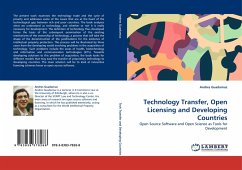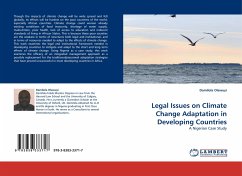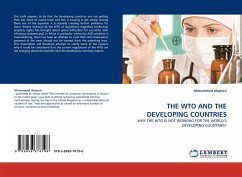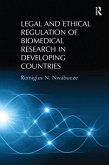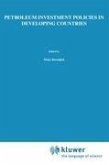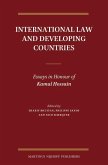The present work examines the technology trade and the cycle of poverty and addresses some of the issues that are at the heart of the technological gap between rich and poor countries. The book analyses what we understand as technology, and whether or not it is really necessary for development. The definition of technology thus developed forms the basis of the subsequent examination of the existing mechanisms of the ownership of technology, a process that will take the shape of the deconstruction of the justifications for the existence of intellectual property protection. This process will be illustrated by three cases from the developing world involving problems in the acquisition of technology. Such problems include the areas of health, biotechnology and information and communication technologies (ICTs). Towards developing solutions to this problem of acquisition, the book looks for different models that may ease the transfer of proprietary technology to developing countries. The main solution will be to look at innovative licensing schemes know as open source software.
Bitte wählen Sie Ihr Anliegen aus.
Rechnungen
Retourenschein anfordern
Bestellstatus
Storno

